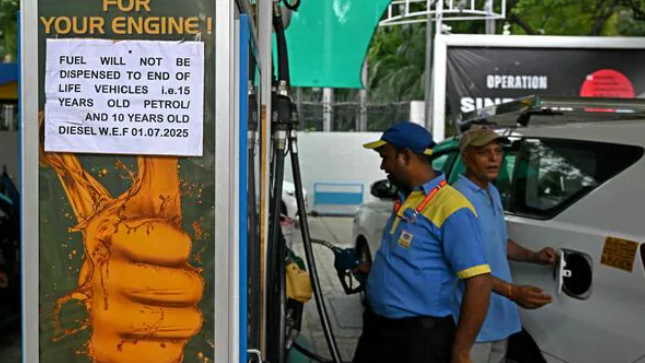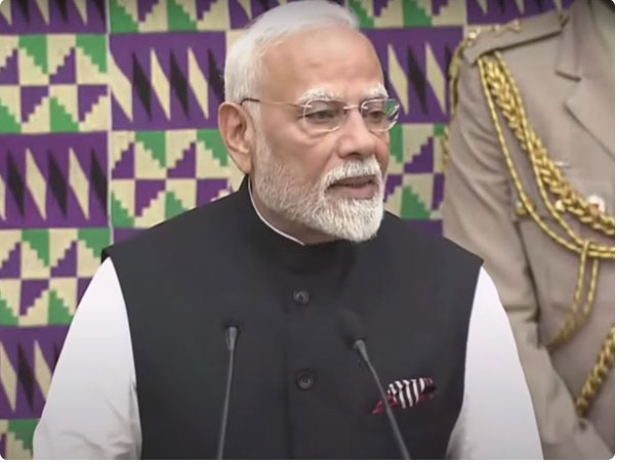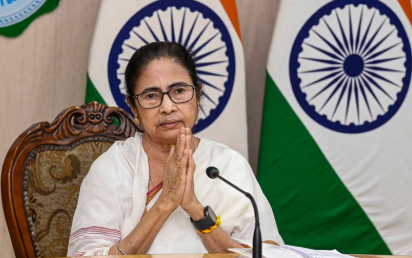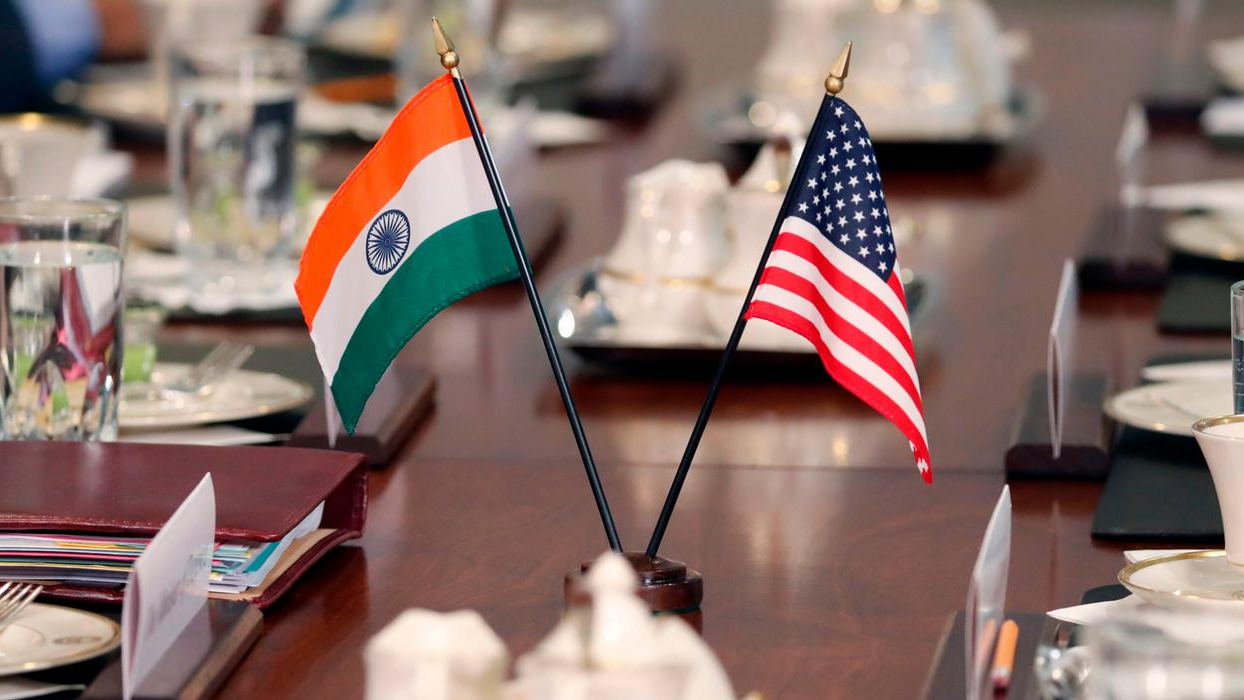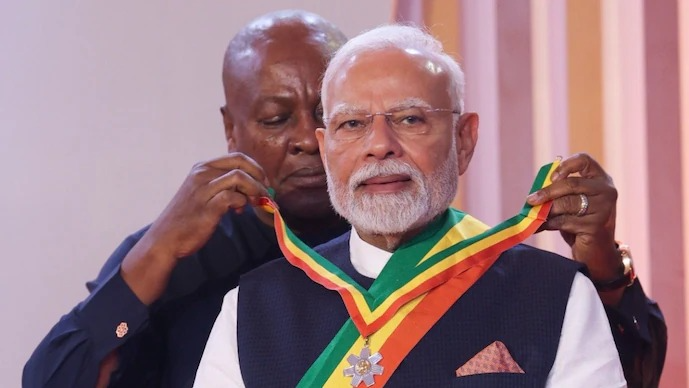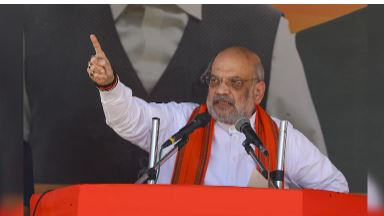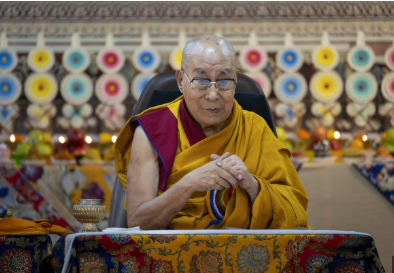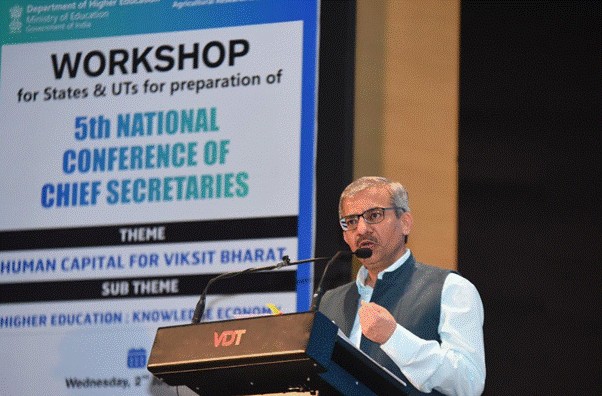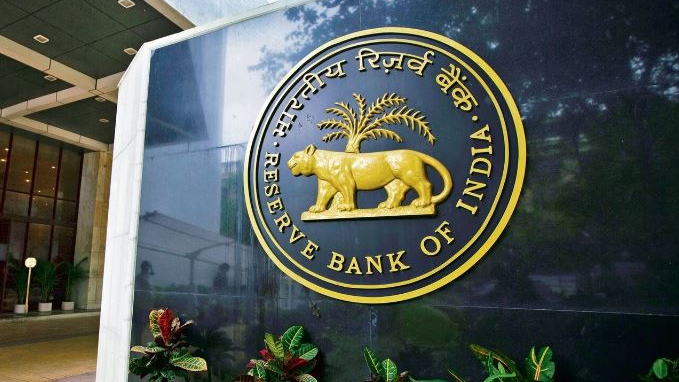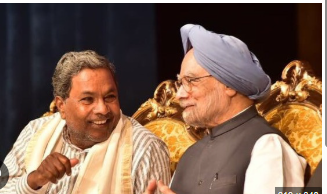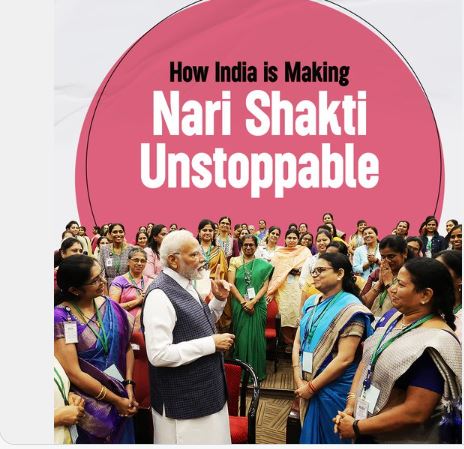Zero tolerance against the hoarders during Covid curfews/lockdowns

New Delhi, April 19: The Department of Consumer Affairs stressed upon all the States/ UTs to adopt zero tolerance against the hoarders so that the supplies of the essential commodities may be maintained during the curfews/ lockdowns imposed due to the pandemic. A meeting in this regard was held today with the Principal Secretaries of the Department of Food and Consumer Affairs of the States/UTs wherein Nidhi Khare, Additional Secretary, Department of Consumer Affairs, Ministry of Consumer Affairs, Food and Public Distribution reviewed the availability and price situation of Essential Commodities across the country. The arrivals as well as prices of the essential commodities in different mandis of the states were also shared with the States/ UTs. Further, it was discussed that prices of the essential supplies including food items/ drugs, hygiene products and essential services are not increased and they are available at fair prices. Joint teams of Food & Civil Supplies, Legal Metrology Controllers, Food Safety, Health and Police may be constituted at State/ UT and District level for effective surveillance and enforcement activities in order to avoid a situation of demand/ supply mismatch. States/ UTs may undertake publicity and awareness activities so as to mitigate panic buying of essential commodities. During the meeting it was emphasized that the States/ UTs administration is empowered to act against the unscrupulous traders and hoarders for maintenance of supplies of the essential commodities. Section 3 of the Essential Commodities Act, 1955 gives powers to control production, supply, distribution, etc., of essential commodities and the same have been delegated to the States/UTs. Under Section 3 of the Prevention of Black Marketing and Maintenance of Supplies of Essential Commodities Act, 1980 any person may be detained, for a maximum period of 6 months, with a view to preventing him from acting in any manner prejudicial to the maintenance of supplies of commodities essential to the community. The Department of Consumer Affairs administers the “Essential Commodities Act, 1955” and the “Prevention of Black Marketing and Maintenance of Supplies of Essential Commodities Act, 1980”. Both these Acts were enacted in order to ensure availability of essential commodities at reasonable prices to the consumers and to protect them from exploitation by unscrupulous traders and hoarders.
Latest News

Hirakud Dam to release first floodwaters of th...

Assistant Executive Engineer arrested by Odish...

Odisha: Two killed, four critical as Hyva truc...
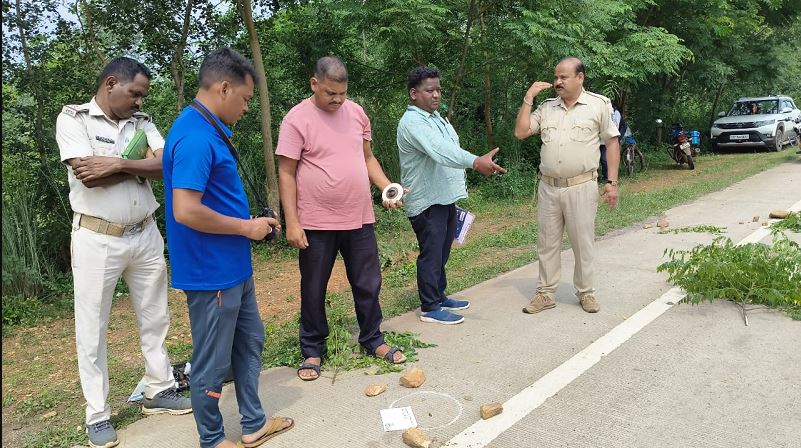
Mayurbhanj Police arrests six in Kuliana firin...
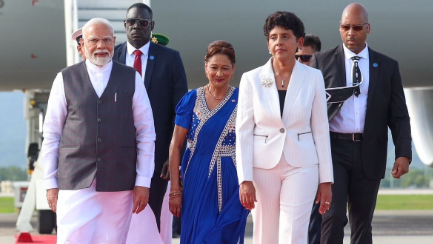
PM Modi Hails Trinidad and Tobago PM Kamla Per...

Meghalaya Honeymoon Murder: Accused Sonam's Br...

Odisha: Class 6 student dies after being beate...
Copyright © 2024 - Summa Real Media Private Limited. All Rights Reserved.








